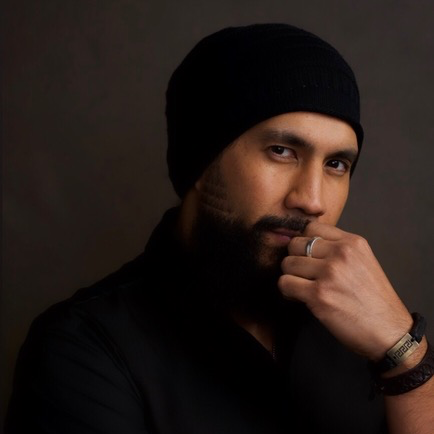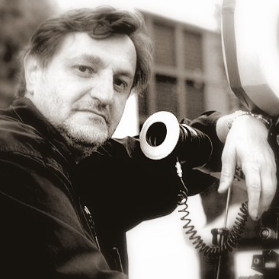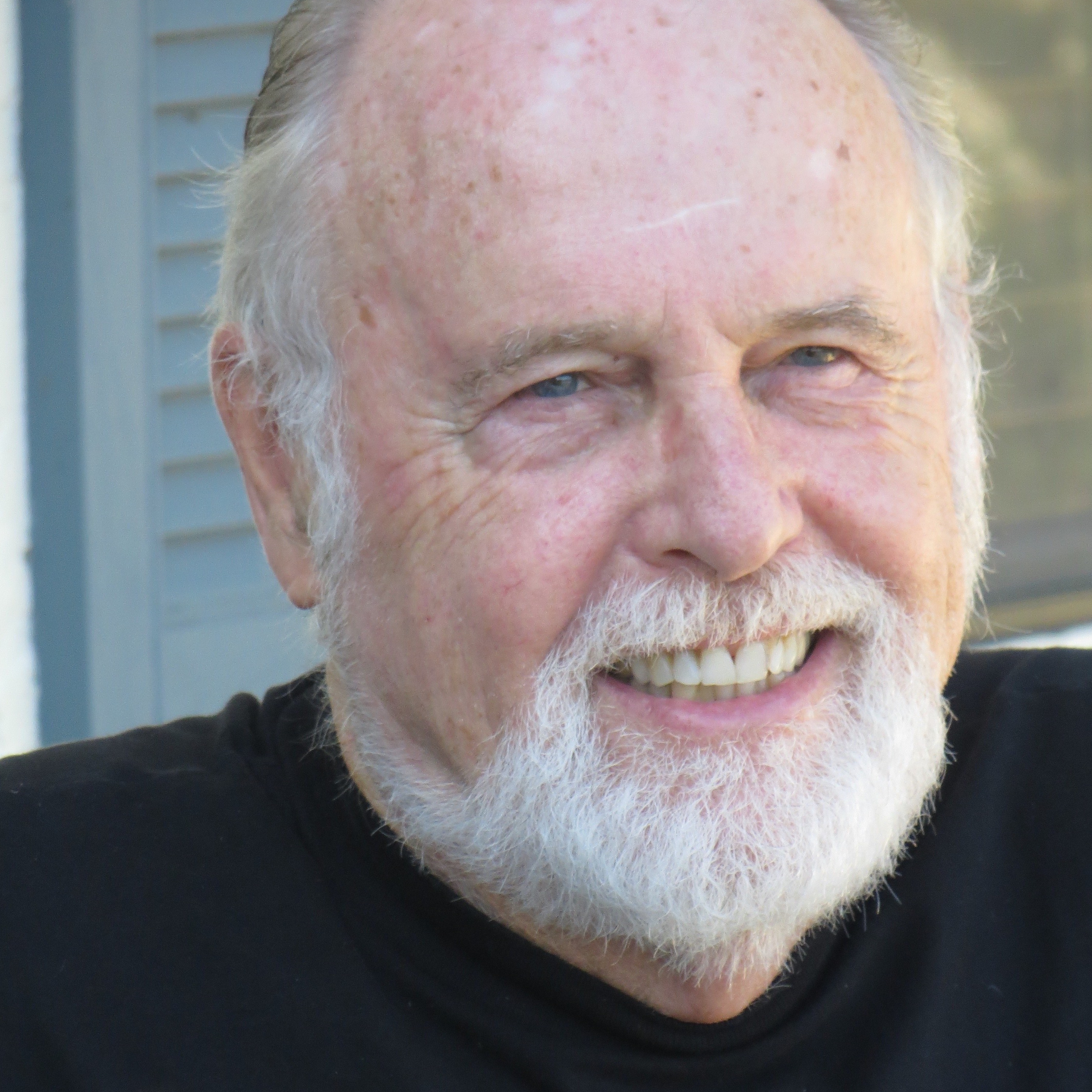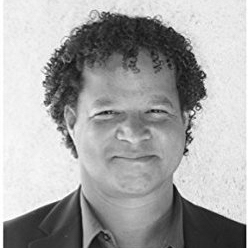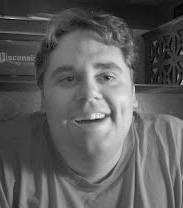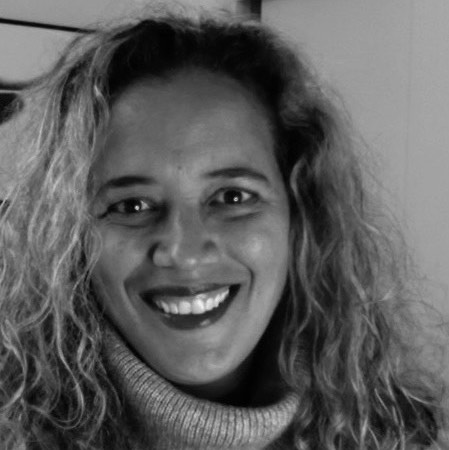Akira Kurosawa School of Film
In the Anaheim University Akira Kurosawa School of Film online Master of Fine Arts (MFA) in Digital Filmmaking degree program, you will take a total of 14 terms: 10 core courses, including a 2-term thesis, and 3 out of a choice of 8 elective courses.
Courses are taught in an accelerated semester format. Each term is 9 weeks in length, and you may enroll in new courses every 10 weeks. You have the option of enrolling in one course, several courses, or the entire MFA program. Students completing all 14 online terms and the required one-week residential session will be conferred the Master of Fine Arts in Digital Filmmaking degree by Anaheim University.
Course Descriptions
MFA 500 The Cinema of Akira Kurosawa in Global Context (4 units)
An examination of selected films of Akira Kurosawa from the point of view of their origins in global culture and their impact on international film culture, in turn. The course will focus on those films that clearly interact with world culture(s) and which have been overtly or in some sense remade, concentrating on theoretical issues of transnational culture, intertextuality and reception. Viewing of films, critical and source readings, and response and research papers are required.
MFA 510 Film Aesthetics (4 units)
This course provides an in-depth analysis of the particular aesthetic features of film, with some consideration given to television and video. Aspects such as mise-en-scene (lighting, camera position and movement, sets, props, costumes), editing, sound, and narrative structure are considered.
MFA 520 Intro to Digital Filmmaking (4 units)
This course gives the beginning filmmaker a fundamental understanding of the digital filmmaking process, starting from preproduction and going through production to post-production and delivery. Through lectures, screenings and hands-on practical learning, the students will learn the jobs and responsibilities of each member of a film crew, with proper onset procedures and protocols, and understand the fundamentals of screenwriting, casting, working with actors, camera techniques, directing and editing. Over the course of the class, each student will take a film project from inception to completion by applying the techniques learned throughout the course. This course will combine practical with theoretical learning in helping students gain a solid foundation in digital filmmaking.
MFA 530 Advanced Digital Filmmaking (4 units)
This course is designed to build upon the skills and tools that the student filmmaker acquired in their Introduction to Digital Filmmaking course and give them a more advanced understanding of the digital filmmaking process. Through lectures, screenings and practical work, student filmmakers will gain a comprehensive understanding and experience in all phases of digital filmmaking: development, preproduction, production and post-production. Students will take the concepts discussed in class to plan, develop, shoot and edit a final narrative project.
MFA 540 Screenwriting (4 units)
Over the last thirty years, there have been major changes in the role of the media in culture and society. Successful media practitioners have an opportunity to launch fascinating careers, produce works of high artistic quality, and positively impact society or societies (in the globalization era, media arts are increasingly transcultural). This introductory course prepares MFA students -- future creative artists, filmmakers, writers, and videogame designers – for productive careers in the media and screen arts, including designing, developing and promoting their own projects as independent entrepreneurs. This course offers an introduction to the principles of screenwriting, with special attention given to traditional cinematic narrative, dramatic plot and structure, scene design, and character development. The method combines lectures and intensive workshops. Students learn by reading assigned texts; analyzing and discussing relevant short films and scenes and their peers’ screenplay pitches and first drafts; participating in screenwriting exercises; and completing a short screenplay. Students will take part in critical analysis of their own and their classmates’ creative work.
MFA 550 History of World Cinema (4 units)
This course introduces students to the history of world cinema, from the invention of the medium to the present day. We will focus most of our attention on films made outside of the Hollywood system, though we will also explore how international cinema has interacted with and reacted to the American motion picture industry. We will examine the impact of industrial, economic, technological, and social change on world cinema, and we will study how various national cinemas have contributed to the development of cinematic storytelling over the past century.
What is the relationship between film and reality? What distinguishes film from the other arts? Is cinema a kind of language? How is pleasure derived? This course is a survey of critical methods used by scholars to answer such questions, and many more, through the close study of cinematic texts. The course will engage with the major issues and debates surrounding varied methodologies, including: genre theory, authorship, psychoanalysis, semiotics, feminism, Marxism, Cultural Studies, reception studies, and post-colonialism.
MFA 570 The International Film Business (4 units)
Given the intertwined nature of filmmaking, media companies and the variety of business models possible outside of major conglomerates or specialized companies, it is imperative to give film and video makers a sense of how the business side of the equation operates.
MFA 580 Concepts of Post-Production: Sound and Editing (4 units)
Once production ends, the art and craft of finishing a film begins. This course will examine both theoretical and practical approaches to post-production with emphasis on sound and editing.
MFA 590 Documentary Film – History and Theory (4 units)
Debates around and concepts of documentary/non-fiction cinema are the intensive focus of this course. It will trace both the history of documentary production and the critical and theoretical writings that have arisen in response. The course will examine the major filmmakers and film movements within the non-fiction film canon, including Flaherty, Grierson, Vertov, Riefenstahl, Maysles, Wiseman, Moore. Students will choose one documentary not chosen for class analysis and examine it in-depth from the point of view of how it highlights debates within the field.
MFA 591 Documentary Film Production (4 units)
In this course, students learn the fundamentals of documentary production: mode, style, technical and practical logistics, and aesthetic choices. Through lectures, screenings, readings, discussions and hands-on practical learning, the students will learn the process and techniques of non-fiction video production and then apply these techniques to their own short documentaries. The students will be required to research, develop, produce, shoot, edit and deliver a short documentary project by the end of the class.
MFA 592 Animation – History, Theory, Practice (4 units)
An examination of concepts, characters, and storyboards for basic animation production. Emphasis is on creating movement and expression, utilizing traditional or electronically generated image movement.
MFA 593 Producing for the Web (4 units)
This course gives students a comprehensive understanding of how to properly use and navigate the developments in web technology to create videos for online distribution. Through lectures, screenings, assigned readings and practical work, students will learn the history of streaming video, web video production techniques, creating proper aesthetics, editing for the web, compression and technical considerations for uploading, and social media and online marketing. Students will take the concepts discussed in class and apply them to create multiple online video projects.
MFA 594 Game Design – Theory and Practice (4 units)
This course provides students a practical foundation in game design, with a focus on concept development, design decomposition, and prototyping. Using game design theory, analysis, physical prototyping, playtesting, and iteration, students learn how to translate game ideas, themes, and metaphors into gameplay, game pitches, and design documents. Students will analyze and recognize play that exists in important games, stories, and other media.
MFA 595 Story Structure (4 units)
Story Structure is an advanced level course building on introductory screenwriting skills and elements. During the course students will develop original narrative screenplays for film, television and/or digital programming. The focus will be on developing the elements of a script, including the hook, the first act, the first plot point, inciting event and key event, the second act, the mid-point, the third act, the climax, and the resolution. Students will learn to define and use vocabulary pertinent to the analysis and construction of film and television screenplays; identify and explain the structural elements of a half-hour sit-com, one-hour drama, feature-length film, and digital short; and create an original short film screenplay that adheres to industry standards. Critical readings and film viewings will aid in the appreciation of the elements that adhere to original, engaging works.
MFA 598 Transnational Film Genre (4 units)
This course will introduce students to the latest theoretical models of genre theory, transnationalism, and cultural flows as demonstrated by an in-depth analysis of a single global genre. Possible topics include: Melodrama, Horror, Neo-Noir, Action, Youth, and the Road Movie.
MFA 599 Major World Directors (4 units)
Authorship—the demonstrable qualities of an individual filmmaker in terms of his/her preferred style: approach to narrative; use of actors; and the recurrences of characters, motifs, themes and issues presented in the films over the course of a career. It is likely that the course in any given semester will focus on one or perhaps two filmmakers drawn from the ranks of globally important directors.
MFA 600 Thesis Project (8 units)
This “capstone course” will not only demonstrate a command of the learning outcomes of the writing and production courses, but it will also provide an opportunity to work on a project that may be submitted to a film festival or otherwise used to show creativity, imagination and solid cinematic construction. Length, genre or other aspects will be determined by the student in consultation with the thesis advisor. The thesis project can be completed in approximately two terms. Thesis students are required to complete the Collaborative Institutional Training Initiative (CITI) Social-Behavioral- Educational (SBE) Foundations certificate, which is a web-based human research protection education program.





